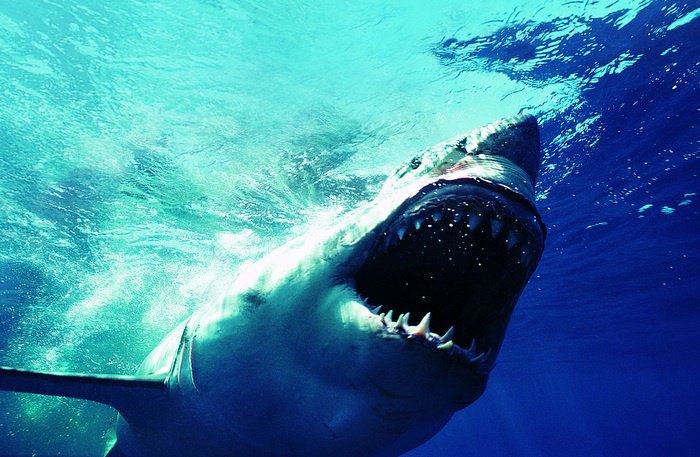Island View: Who said shark attack?

PHUKET: There is a great responsibility in the media to understand the impact and long-term effects of the language used in stories from ‘Negro’ to ‘shark attack’.
The term Negro started to fall out of favor in the United States by 1966 and was completely taboo by the mid-1980s.
Given the politically correct nature that balanced, main-stream media take, it is no wonder the term has fallen out of use, as experts were at their wits’ end about its meaning. Some were saying it was as euphonious as ‘black’ or ‘Afro-American’ while others claimed it was an inaccurate epithet that perpetuated the master-slave mentality. Not hard to get our heads around why a potentially harmful word loaded with disputed connotation was dropped from neutral reporting.
In 2012, AP nixed ‘homophobia’ and ‘ethnic cleansing’.
“Ethnic cleansing is a euphemism for pretty violent activities, a phobia is a psychiatric or medical term for a severe mental disorder. Those terms have been used quite a bit in the past, and we don’t feel that’s quite accurate,” AP Deputy Standards Editor Dave Minthorn told POLITICO. “We want to be precise and accurate and neutral in our phrasing.”
So what about ‘shark attack’? Is that really what happened on Karon Beach? Following the breakdown of evidence from shark expert David Martin, there is no doubt that the Australian woman was bitten by a shark, albeit a small one – but is that an ‘attack’?
The American Elasmobranch Society, the world’s largest professional organization of shark and ray scientists, recently issued a resolution calling for the Associated Press (AP) Stylebook and the Reuters Style Guide to retire the phrase ‘shark attack’ in favor of a more accurate and less inflammatory wording that would represent the real risk and outcomes from a shark incident, explained David Shiffman in Southern Fried Science.
Currently, though ‘shark attack’ is associated with an image of a large shark and a human fatality, the phrase is used by the media as a catch-all to describe any encounter between a human and a shark, Mr Shiffman said.
The scientific community argues that the following terminology would ensure more accurate reporting and ensure that the general public had a better understanding of the situation at hand: shark sighting, shark encounter, shark bite and fatal shark bite. They of course went into details about what each category means – but true to the goal of the call, the terminology gets the point across.
Accuracy in the terminology used would also mean that in the case of the Phuket shark bite, the government wouldn’t have to weigh up the possibility of damage being done to the tourism industry by large media companies around the world, such as when The Guardian runs headlines like “Australian woman ‘attacked by shark’ off Phuket”. Such headlines, as well as the first headline used by the Phuket Gazette for the story, do indeed invoke images of Jaws – a man-eating great white shark prowling the coastal waters of Phuket.
Nothing could be further from reality. Other publications, such as News.com.au, the Brisbane Times and the Sydney Morning Herald should be commended for their ethical approach to the story. The Gazette too should get a tip of the hat with the headline ‘Phuket shark bite confirmed’.
Sharks have enough problems in Thai waters without the media stirring up a feeding frenzy that puts even more of them on the ice trays of seafood restaurants in Kata and Karon.
— Alex Stone
Latest Thailand News
Follow The Thaiger on Google News:


























